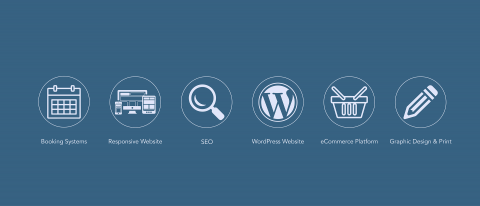SSL Certificates are small data files that digitally bind a cryptographic key to an organization’s details. When installed on a web server, it activates the padlock and the https protocol (over port 443) and allows secure connections from a web server to a browser. Typically, SSL is used to secure credit card transactions, data transfer and logins, and more recently is becoming the norm when securing browsing of social media sites. SSL Certificates bind together:
- A domain name, server name or hostname.
- An organizational identity (i.e. company name) and location.
An organization needs to install the SSL Certificate onto its web server to initiate secure sessions with browsers. Depending on the type of SSL Certificate applied for, the organization will need to go through differing levels of vetting. Once installed, it is possible to connect to the website over https://www.domain.com, as this tells the server to establish a secure connection with the browser. Once a secure connection is established, all web traffic between the web server and the web browser will be secure. Browsers tell visitors a website is SSL secure via several visible trust indicators:
Who Needs SSl Certificate
SSL certs are most frequently used by online business, e-commerce and other operations which involve money transactions.SSL certification is extremely essential in these cases, to keep financial and transactions owners details safe as it is being broadcast. Without an SSL cert, probability for hackers to steal the transaction data becomes easy.
But SSL certification should actually be used by any website that uses a form or other method to broadcast information. From a simple e-newsletter sign-up to an account login, any communication should be protected by the basic security offered by an SSL cert.
You should consider purchasing SSL certification if your website does any of the following:
• Accepts credit card or debit card transactions
• Prompts users or members to enter secure login, password or account information. It is important you do everything you can to protect your clients’ password details – an SSL cert can help you with this.
• Links to webmail or other e-mail applications. An SSL cert can encrypt your email server so that you can send messages to it securely
• Uses any shared workflow or project management software
• Asks visitors to enter personal details – even just an email address – to sign up for a newsletter
• Asks visitors to enter a Social Security Number, Social Insurance Number or medical information
• Invites visitors to fill out a survey or form of any type
• Uses FTP to transfer files.





